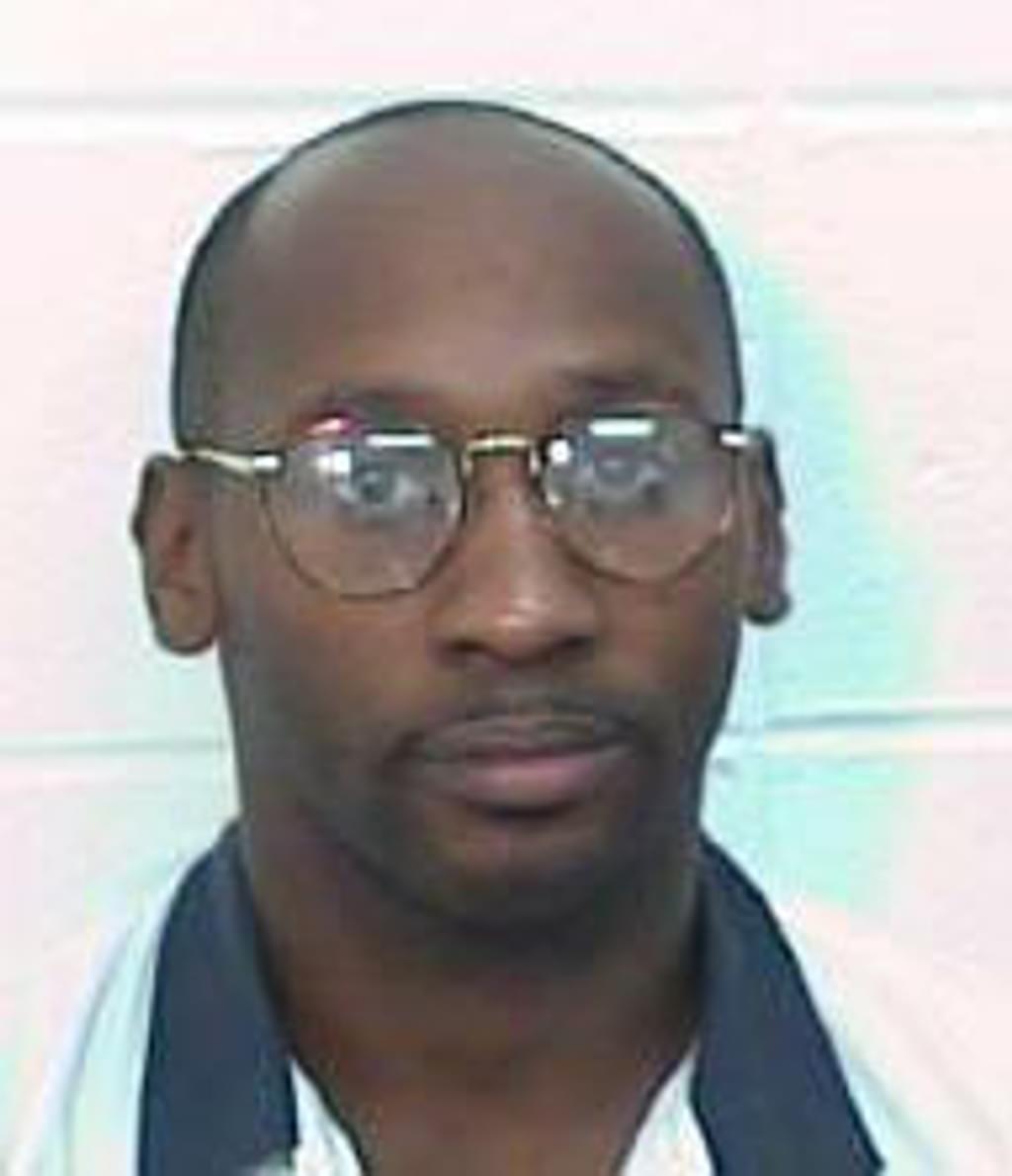
The U.S. Court of Appeals for the Eleventh Circuit denied habeas corpus relief to a Georgia death row inmate who claims he is innocent and who has received international support. In a 2-1 decision, the court held that Troy Davis could have presented most of his new evidence earlier and that the evidence did not offer clear and convincing proof of his innocence. Hence, the court did not consider his free-standing claim of innocence on its merits, but concluded it was barred because of the delay in filing. The court did say he could raise his claim directly with the U.S. Supreme Court, and they stayed his execution to allow time for that appeal. Judge Rosemary Barkett dissented, saying, “The concept of punishing an innocent defendant with the penalty of death simply because he did not file his papers as early as he should have is draconian… . where a defendant who can make a viable claim of actual innocence is facing execution, the fundamental miscarriage of justice exception should apply and AEDPA’s procedural bars should not prohibit the filing of a second or successive habeas petition.”
In Oklahoma, the Pardons Board recommended (3-2) clemency for Donald Gilson, who is scheduled to be executed on May 5. Gov. Brad Henry will make the final decision on Gilson’s fate.
(In re Troy Anthony Davis, No. 08-16009 (11th Cir. April 16, 2009)); (The Oklahoman, April 17, 2009). See Innocence and Clemency.




